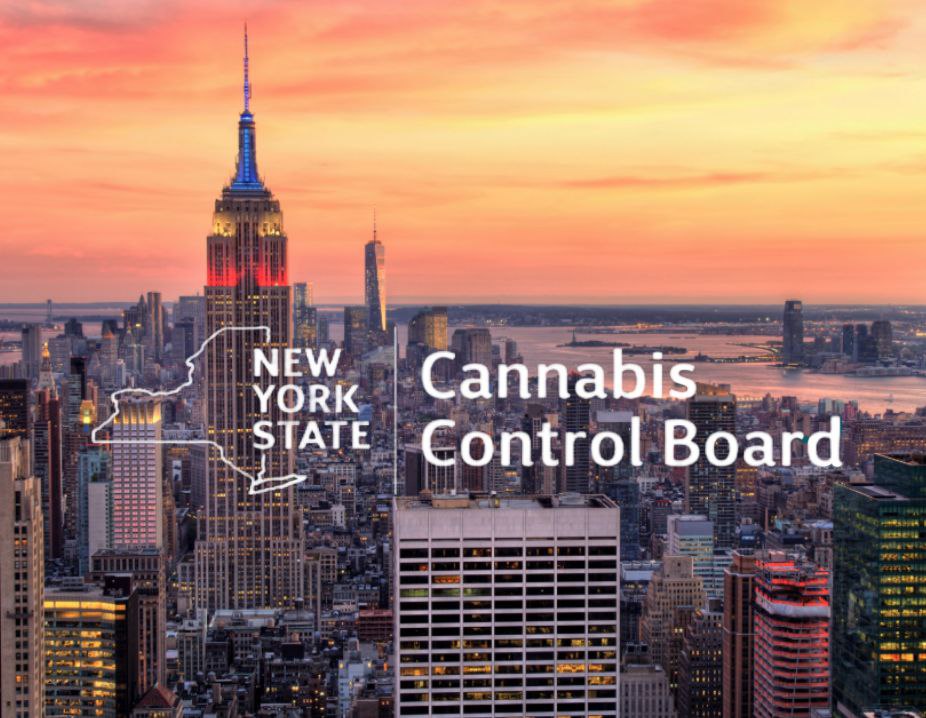NY Cannabis Board Hits Equity Target With 57% of Licenses to Social Equity Holders
NEW YORK – New York regulators reported that social and economic equity applicants now control 57% of the state’s adult-use Cannabis licenses, a figure that clears the program’s initial benchmark and signals steady advancement in redistributing opportunities from past enforcement disparities.
The Cannabis Control Board, during its September meeting, approved 46 new licenses, pushing the statewide total to 1,904. Among those fresh approvals, 69% went to equity-eligible applicants, broken down as 14% to those from communities disproportionately impacted by drug laws, 43% to minority-owned businesses, 7% to service-disabled veteran-owned operations, and 31% to women-owned enterprises. Officials extended all provisional licenses, both conditional adult-use retail dispensary and standard adult-use, through December 2026, aiming to resolve timing mismatches that have slowed some operators’ launches.
This milestone comes as the market posts strong numbers. Legal retail sales have topped $2.09 billion since inception, with $1.06 billion booked so far in 2025 across 464 operating dispensaries. The equity push traces to the 2021 Marijuana Regulation and Taxation Act, which set a 50% target for such licenses to aid entrepreneurs sidelined by the war on drugs. New York’s approach has outpaced many peers; just 13 of 19 adult-use states run comparable programs, and few match the Empire State’s scale in grants and support like the 159 conditional adult-use retail dispensary awards spread across all 10 development regions.
Yet the gains face headwinds. In August, the Second U.S. Circuit Court of Appeals struck down parts of the equity rules, finding that prioritizing applicants with New York convictions over out-of-state ones violates the Constitution’s dormant commerce clause by discriminating against interstate commerce. The decision, stemming from a lawsuit by out-of-state hopefuls, does not unwind existing licenses but could reshape future lotteries and force revisions to keep the program compliant.
Board Chair Jessica García emphasized the focus on “equity, transparency, and a long-term vision,” underscoring resources like a planned loan fund and free legal aid partnerships to bolster equity holders.
Equity allocations have delivered on promises, channeling billions into diverse hands, but constitutional friction highlights the tightrope states walk in a federally restricted sector. As New York refines its framework [potentially through appeals or tweaks] these dynamics will test whether rapid scaling can coexist with inclusive design, setting precedents for other jurisdictions eyeing similar reforms.




































